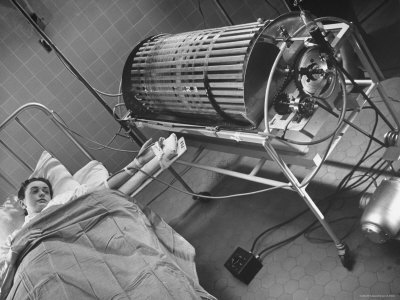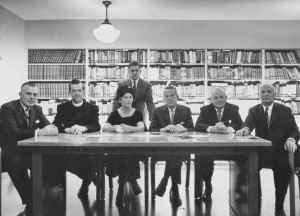Yesterday afternoon we heard a proposal to phase out this state program. It’s pretty rare to eliminate a government program. It seems easy to get them started, but they never seem to go away. I think it’s time this one did.
The Idaho State End Stage Renal Disease program was started in 1970 by a legislator with a family member who needed dialysis. This was a tragic fatal condition ( “uremic poisoning”) that was just being solved. A man had invented a machine for dialysis but they were not in wide use, nor widely available. Nobody could afford them and there was no mechanism for payment. An engineer in Seattle built a few of the machines of the unpatented design for a friend who was dying of kidney failure. But how do you decide who gets treatment? Indeed, there was even a “God Committee” that decided who got access.
I’m sure the legislator here in Idaho knew if we just directed more money the way of dialysis, there would be more machines. We influence markets all the time with taxpayer dollars. I don’t know if he declared his conflict of interest, but Idaho established this program in the Department of Vocational Rehabilitation. It is still funded to this day to the tune of about $500,000.
The trick is that in 1972 the Federal Government decided that people with End Stage Renal Disease (ESRD) would be eligible for Medicare coverage. We now have many for-profit dialysis companies around the country. And the Idaho program mostly pays for travel expenses to and from dialysis as well as some medications. The money is flowing.
Let us not ignore the tragedy of kidney failure. It is a chronic debilitating disease. I believe it is just and proper for there to be support for these people. We should support their care, their needs. But this program no longer fits the intended role of support nor is it fair or efficient. We need to do better.
There are about 100 people in Idaho receiving these benefits. The very first link in this piece gives more details. We heard testimony from the Department of Voc Rehab and the sponsor supporting the phase out of this program. But there were others in opposition. One man on dialysis spoke passionately that we would be removing support for these patients. On questioning it came out that he was not receiving these benefits, but was considering applying. Two social workers for the for-profit dialysis companies also asked us to not remove these necessary benefits. We pointed out that this program mostly paid folks for travel expenses ($290/ month average), not for dialysis. “But if they can’t get to the center they can’t get treatment.”
It was compelling testimony. There is always a reluctance to take away benefits from unfortunate victims but it was made even more painful knowing we had a committee member whose family had just been through a kidney transplant.
Still, we voted to phase out the program. I believe we can still support these folks. It will need our attention. These are the infinite details we must address in health care reform.
All comments read but not posted


